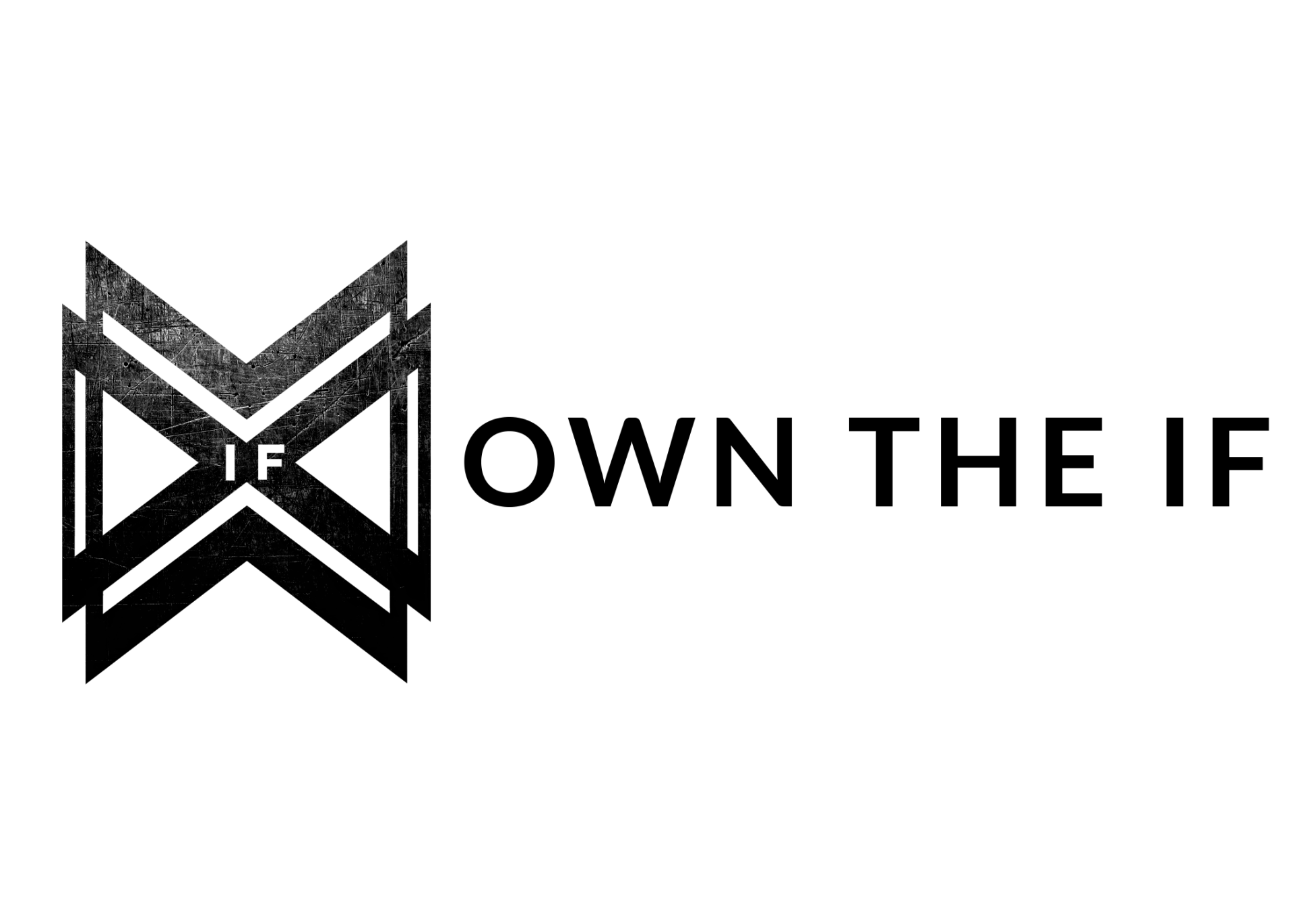I confess, I am inherently wired as a fixer, which played a significant role in my choice to become a nurse and a coach. I am driven to help resolve any problems you may have, going to great lengths to offer assistance. While this quality serves me well in professional settings, I have come to acknowledge that bringing this inclination into my personal relationships can yield mixed results.
Over time, my Fix-It mentality has caused some tense moments with my spouse, family, and friends. Whenever they approached me with their problems, I would immediately dive into dissecting the situation and presenting potential solutions. I was perplexed by their rejection of my suggestions, often resulting in withdrawal or even anger towards me. Interestingly, I married a fellow Mr. Fix-It, and although we make an unstoppable team when faced with problems, we discovered that applying our fix-it attitudes to each other was causing undue stress between us.
After a considerable time (and many frustrated interactions), we had an epiphany:
Sometimes, we don't desire solutions; we simply long for empathetic presence and support.
Here is how it works:
Ask a simple question when a loved one comes to you upset or with a problem:
"Do you need me to listen, give you a hug or help you solve this?
By asking this question it allows you to help this person in the way THEY need you to rather than what YOU think they need.
Listen: Actively listen and let them speak (vent) freely as needed
Hug: Offer the hug, sit with them, or hold their hand. Touch is a love language for many and it can be very comforting.
Solve: Engage in inquiry to gain understanding, analyze the situation thoroughly, and provide thoughtful ideas or solutions to aid them in navigating through the problem at hand
This versatile question holds incredible potential, allowing you to customize it to various relationships in your life. Personally, I find it particularly effective when interacting with my seven-year-old, as it fosters a safe space for her to process emotions and develop essential communication skills.
The beauty lies in its ability to cultivate mutual awareness and establish clear expectations from the start. Over time, as you attune to patterns and nonverbal cues, you'll gain an intuitive understanding of their needs, rendering the question unnecessary.
If you've ever faced challenges in being there for someone, I encourage you to give this tactic a try and let me know how it went.


